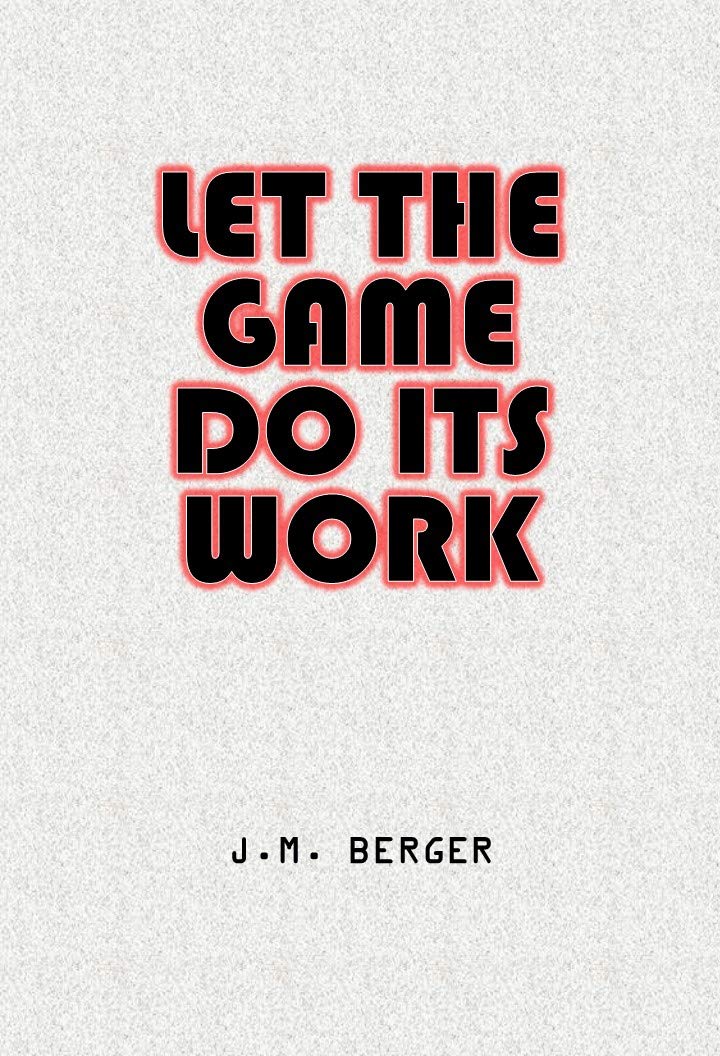What do you think?
Rate this book


"But if the mesmerizing power of dystopian spectacle is a myth, what does our enduring fascination of the genre say about us? How did Battle Royale break records? Why did The Hunger Games become a multibillion-dollar commercial behemoth?"